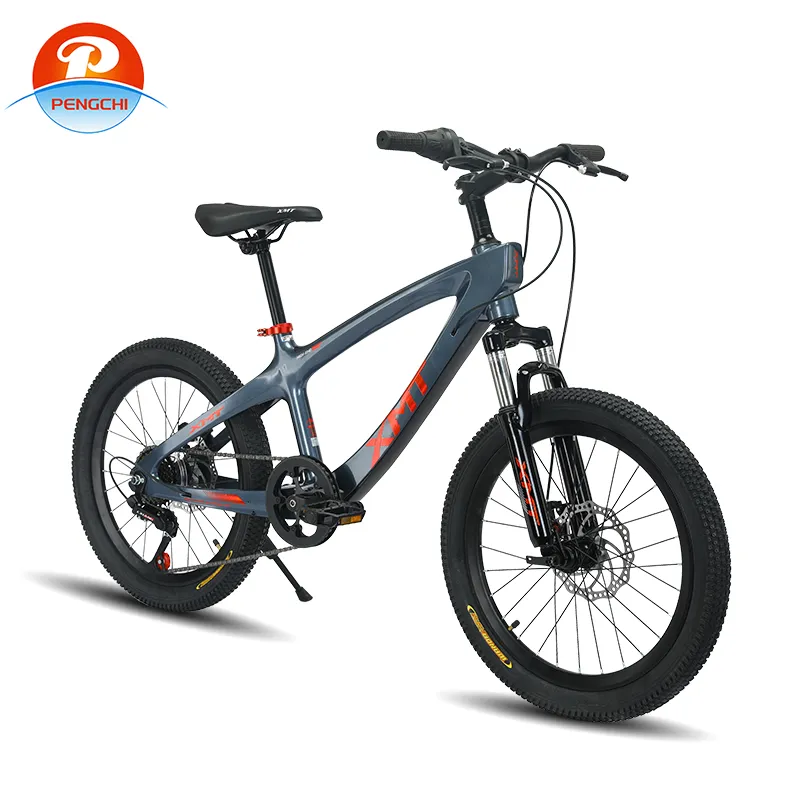
-
 Afrikaans
Afrikaans -
 Arabic
Arabic -
 Belarusian
Belarusian -
 Bengali
Bengali -
 Bulgarian
Bulgarian -
 Croatian
Croatian -
 Czech
Czech -
 Danish
Danish -
 Dutch
Dutch -
 English
English -
 Finnish
Finnish -
 French
French -
 German
German -
 Greek
Greek -
 hawaiian
hawaiian -
 Hebrew
Hebrew -
 Hindi
Hindi -
 Hungarian
Hungarian -
 Indonesian
Indonesian -
 irish
irish -
 Italian
Italian -
 Japanese
Japanese -
 Javanese
Javanese -
 kazakh
kazakh -
 Khmer
Khmer -
 Korean
Korean -
 Kyrgyz
Kyrgyz -
 Lao
Lao -
 Latin
Latin -
 Luxembourgish
Luxembourgish -
 Malay
Malay -
 Myanmar
Myanmar -
 Norwegian
Norwegian -
 Persian
Persian -
 Polish
Polish -
 Portuguese
Portuguese -
 Romanian
Romanian -
 Russian
Russian -
 Serbian
Serbian -
 Slovak
Slovak -
 Somali
Somali -
 Spanish
Spanish -
 Swedish
Swedish -
 Tagalog
Tagalog -
 Thai
Thai -
 Turkish
Turkish -
 Turkmen
Turkmen -
 Ukrainian
Ukrainian -
 Uighur
Uighur -
 Vietnamese
Vietnamese
ធ្នូ . 04, 2024 18:06 Back to list
choosing the right mountain bike
Choosing the Right Mountain Bike A Comprehensive Guide
Selecting the perfect mountain bike can feel overwhelming, especially with the myriad options available today. Whether you're a seasoned rider or a novice eager to explore the trails, understanding the key elements will help you make an informed decision. This guide will break down the essential factors to consider when choosing the right mountain bike.
1. Understanding Types of Mountain Bikes
Mountain bikes come in various styles, designed for specific terrains and riding experiences. The primary categories include
- Cross-Country (XC) These bikes are lightweight and efficient, ideal for climbing and covering long distances. They often have less suspension travel (80-100mm) and are designed for speed on smooth trails. - Trail Bikes A versatile option with moderate suspension (100-150mm), trail bikes handle a variety of terrains and are built for fun, offering a balance between climbing capability and downhill performance.
- All-Mountain (Enduro) Designed for aggressive riding and technical descents, these bikes feature more suspension travel (150-180mm) and stronger frames, making them suitable for rugged trails.
- Downhill (DH) Built for steep descents, downhill bikes prioritize stability and control over climbing ability. They have heavy-duty components and significant suspension (180mm or more).
- Fat Bikes With oversized tires that allow for greater traction and stability, fat bikes are perfect for snow, sand, and uneven terrains.
2. Finding the Right Frame Size
Getting the correct frame size is crucial for comfort and control. A bike that is too small or too large can lead to fatigue and compromise safety. Most manufacturers provide size charts based on rider height, which will guide your choice. When possible, test ride different sizes to find the most comfortable fit.
3. Suspension Types Hardtail vs. Full Suspension
Mountain bikes generally feature two types of suspension hardtail and full suspension
.- Hardtail These bikes have a suspension system only in the front, which makes them lighter and more efficient for climbing. They are great for smoother trails and offer better pedaling performance.
choosing the right mountain bike

- Full Suspension Featuring both front and rear suspension, these bikes provide more comfort and control on rough terrains. They absorb more bumps, allowing for a smoother ride on technical trails but can be heavier and more expensive.
4. Componentry Matters
Components like brakes, gears, and wheels significantly impact your riding experience
- Brakes Disc brakes are standard on most mountain bikes, offering superior stopping power in various weather conditions. Some riders may opt for hydraulic disc brakes for better modulation.
- Gearing Mountain bikes come with different gear setups. Single-chainring setups are becoming popular due to their simplicity and lightweight design while providing sufficient range for most trails.
- Wheels Wheel size affects handling and stability. Common sizes are 26”, 27.5” (650B), and 29”. The larger the wheel, the better the bike rolls over obstacles, but smaller wheels tend to be more maneuverable.
5. Setting a Budget
Mountain bikes can range from a few hundred to several thousand dollars. Setting a budget will help narrow down your options without compromising quality. It’s essential to invest in a good-quality bike that meets your needs, as cheaper models may lack the durability and performance required for serious riding.
6. Test Ride and Research
Before making a final decision, test ride several models. Pay attention to how the bike feels during climbs, descents, and cornering. Additionally, researching online reviews and asking for recommendations from experienced riders can provide valuable insights into the bike's performance and reliability.
Conclusion
Choosing the right mountain bike involves balancing personal preferences, riding style, and budget. By understanding the various types of mountain bikes, focusing on fit and components, and conducting thorough research, you can make a choice that enhances your riding experience. Whether you’re tackling tough trails or enjoying leisurely rides, the right mountain bike will set you up for countless adventures ahead. Happy trails!
-
How to Pick the Right Bicycle Size Expert Tips for the Perfect Fit
NewsJul.08,2025
-
Discover Top Bike Categories for Every Rider Road & Mountain Bike Categories Guide
NewsJul.08,2025
-
How Much Is a BMX Bike? Affordable BMX Bikes for Every Rider Best Price & Quality
NewsJul.08,2025
-
Custom BMX Bikes for Sale – Unique Designs & High Performance Custom BMX Buy Cool Custom BMX Now
NewsJul.07,2025
-
Best Folding Bicycle for Adults - Lightweight, Portable Foldable Bikes for Urban Commuting
NewsJul.07,2025
-
Top Bicycles Manufacturer & OEM/Custom Bike Solutions – High Quality, Competitive Price
NewsJul.07,2025

